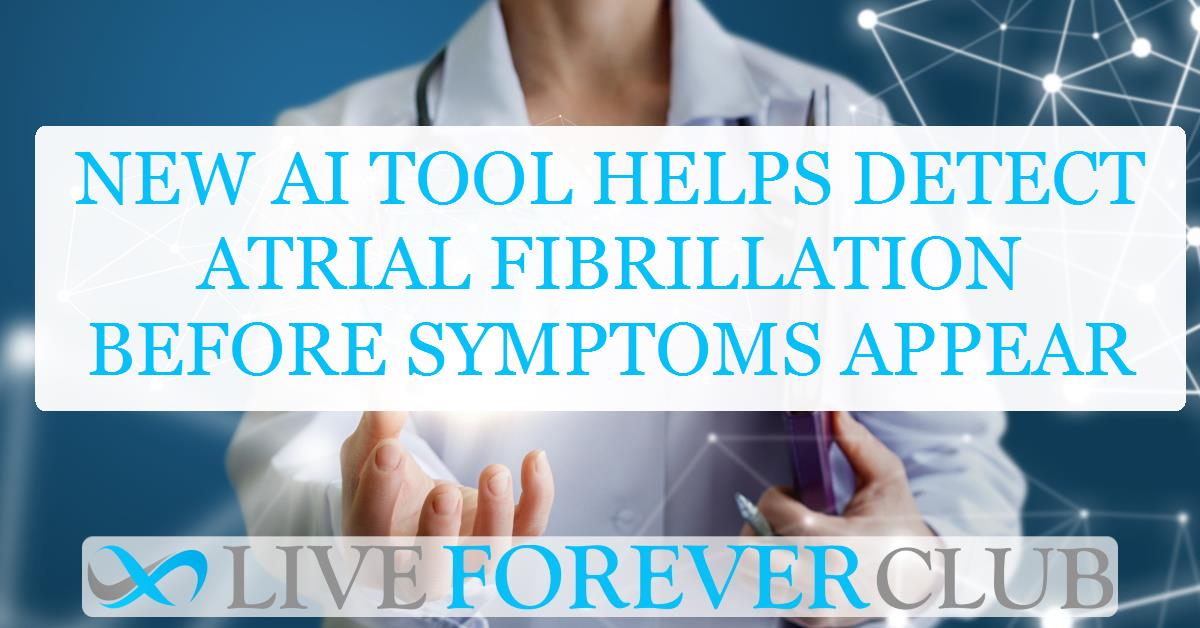Key points from article :
Researchers have developed a new AI tool that can identify individuals at risk of developing atrial fibrillation (AF) before symptoms appear. This tool analyzes GP records to detect "red flags" that may indicate a person is at risk. The AI algorithm was trained using anonymized data from over 2.1 million people and validated with records from an additional 10 million individuals. AF can cause an irregular, often fast heart rate, increasing the risk of stroke. Some people show no symptoms, making early detection crucial for preventing strokes.
The tool was developed by scientists and clinicians at the University of Leeds and Leeds Teaching Hospitals NHS Trust. It is currently being trialed in surgeries across West Yorkshire, with a focus on factors such as age, sex, and medical conditions like heart failure and diabetes. If a person is identified as high risk, they are given a handheld ECG machine to monitor their heart rhythm. If AF is detected, their GP is notified, and treatment options are discussed.
The AI tool's success could lead to a larger trial across the UK, potentially saving lives by identifying those at risk of AF. In the UK, AF contributes to around 20,000 strokes annually. Dr. Sonya Babu-Narayan of the British Heart Foundation emphasized the potential of using health data and prediction algorithms to prevent strokes. The NHS has also made progress in stroke prevention, increasing the number of patients with AF on blood clot-preventing medication by 8% in the last five years.
This trial is a significant step in stroke prevention, as early detection and treatment of AF can significantly reduce the risk of stroke. The AI tool offers a promising solution to identify undiagnosed people at risk, potentially saving thousands of lives. The study is still ongoing, but if successful, it could revolutionize how AF is detected and treated. This research was published in a medical journal, though the specific journal name is not mentioned.






